|
3/24/2017 Interview with comedian Carmen Lynch
Photo by Phil Provencio
NYC based comedian Carmen Lynch is one of the most hard working comics around. In addition to touring the U.S. regularly, Lynch has performed overseas for the troops and in Spain, where she performs an all Spanish set. This year Lynch is gearing up for upcoming performances at the Edinburgh fringe festival. Most recently Lynch made an appearance on The Late Show with Stephen Colbert, in addition to having performed past sets for Letterman, Conan, and Craig Ferguson. Recently Lynch collaborated with actress and director Chloë Sevigny on a short film based on Lynch's stand-up, entitled Carmen, as part of Miu Miu's Women's Tales series, in addition to recording and releasing her very first comedy album, Dance Like You Don't Need The Money, at The Punch Line in San Francisco. We caught up with Carmen to talk about the new album, how she got started in stand up and life on the road. AHC: How did you first get into comedy, when did that light bulb sort of go off in your head that that was the direction you wanted to move in? Carmen: I was in New York already and I was doing some acting, but I never realized that stand up could be a career. I grew up in Virginia and that wasn't really something you'd see out there. So I went to a show one day and I was like "wow, you can perform all the time if you're a comedian," in acting you kind of have to wait for someone to hire you, and that really interested me, that I could just go to open mics and do whatever, and once I tried it I just fell in love with it. AHC: That must have been very freeing, having something that was more in your control as opposed to acting. Carmen: Exactly. I can say whatever I want, I don't even have to put makeup on, if I wanted to I could even go up on stage in sweatpants, not that I did, you know, but it didn't matter. AHC: You've done a lot of sets on Letterman, Conan, you were on Colbert recently, are those experiences more nerve wracking, on camera, as opposed to just being in a comedy club?
From the Late Show with Stephen Colbert
Carmen: They're so different, the t.v. gigs I try and look at as just a regular performance. Watching it on TV the next day I think is the harder part (for me). There's almost two parts to it, just doing the show and then wondering what it's going to look like on TV. AHC: Is it surreal when you watch it back the next day? Carmen: Oh of course, yeah. It's not something you get used to. But it's exciting. I'm not a big fan of watching myself, it kind of makes me anxious and uncomfortable, but doing it is something I love. When I do it on stage I don't have to look at myself. AHC: Recently you made a short film "Carmen" with Chloë Sevigny, how did that project come about? Carmen: She heard of me through someone at the UCB (Upright Citizens Brigade) in New York, and approached me at a club called Eastville, and we went from there. We talked about a project that she wanted to work on, at that point it wasn't something for Miu Miu, we just chatted and went over some jokes, and then we got together and collaborated, my jokes together with the skeleton of what she was looking for, which became the structure of the film. AHC: It's interesting, there's a real existential vibe, the loneliness that comes with being a comedian is portrayed really well in that film. Carmen: Yeah, she captured that well, I really think she has a director's eye, and of course she has all of that acting experience, so I think she naturally found a great way to bring all of those elements out. AHC: What is it like out on the road, is that an opportunity for you to observe and get more material for your stand up? Carmen: Yeah, when I'm on the road I'm not usually in the Hotel room watching tv, I tend to walk around and observe the place I'm in and that often triggers ideas. Sometimes I just sit somewhere and write stuff down at a coffee shop, other times I just feel like I need fuel for my brain, and I try and generate new ideas by getting out and taking the city in. AHC: Have you ever written something and felt like you needed to pull back from it, a joke that's too dark or that you feel goes too far? Carmen: Not because it’s too dark, (I like to go down that path), usually it's because I don't know what the point of the joke is - but I like the idea. That's the challenge in stand up that I really love, coming up with new jokes, when something works really well of course it's so fun to do it in front of different crowds. If a joke is too dark I tend to shelve it for a while and then I bring it back because it’s funny to me but maybe the way I'm saying it still sounds too insensitive. AHC: Have you ever experienced visceral reactions from the audience, where you could tell someone was taken aback? Carmen: Totally. A lot of times it depends on the location. I'm so used to New York where people are so open to whatever you bring out on stage, sometimes I forget that New York is kind of like a bubble, and then you leave to play the Midwest and you say something that rattles people, and it's not that New York is better, I think that there's just more of a range of comedy here than there might be elsewhere. Maybe the humor somewhere else may not be something they're used to, but it's still what I want to do, so I probably shift it but I still do it. I just find a way to make it more approachable. AHC: Do you ever play college campuses at all, what's that like? Carmen: It's different because they're so young, and most of them haven't experienced real life yet, they're still in their own bubble of people their own age, so I try and do things that are more in their POV so they understand, which sometimes isn't that hard because I'm not a mom and I'm not like "hey, my baby did this and that". I also like to talk to them besides just doing jokes because I'm so reminded of what life used to be like in college that sometimes comparing my experience to theirs is really interesting… you know, being that we are so focused on technology and social media. AHC: Do you feel that comedians are on the front lines of political correctness, in the sense that comedy is what really pushes the envelope and tests our limits and maybe a lot of comedians have to pull back, do you think that's a bad thing or a good thing or neither? Carmen: I don't think we should have to pull back. I think you have to kind of be careful with what you say in front of certain crowds maybe, like you know "please don't talk about drugs on our campus because we've had a lot of issues" - that kind of thing. In general, I think if you're there to see a comedy show I think you should be pretty open to hearing anything, you just don't have to agree with it. That’s the beauty of stand up comedy, some people love you and some people don’t. It happens to everyone, you finish a show and some people just walk out looking disappointed and other people go want to sign up for your mailing list. There's a beauty in that as well, finding your fan base. We're not out there to please everyone. AHC: You just recorded your first comedy album, Dance Like You Don't Need The Money, www.cdbaby.com/cd/carmenlynch how long has that been something you wanted to do? 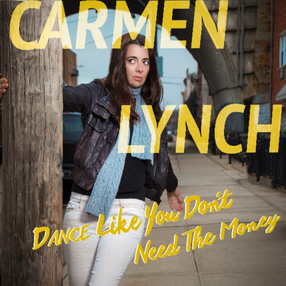
Carmen: I didn't want to do it for a long time. I tried it once a couple of years ago and I didn't like the way it went, so I stopped wanting to do it for a while. When I saw that I had a gig in San Francisco and I knew it was a really fun club [Punch Line San Francisco] I set it all up at the last minute. I'm glad it's done because it's been something I've wanted to do but at the same time I think I was avoiding the pressure of having to record a show.
Photo and art by Phil Provencio AHC: When you go back to Spain I hear that you do shows in Spanish, is that completely different, do some of the jokes not work there that would work over here? Carmen: The sense of humor is different. Dry, sarcastic jokes work a little better out here, whereas I feel like the direct joke seems to do better there. The grammar is different so naturally I have to flip the words around, so that too, has to make sense. Some material doesn't make sense after I've translated it. And sometimes I just come up with jokes while I'm there, organically, and then I go, "oh, maybe I can try this in America." AHC: You're heading off to the Edinburgh Fringe Festival, is this your first year there or have you done it before? Carmen: I went last year for 3 days because I was in London and my friend was performing and I wanted to support her, but this time I'm doing it myself, for the entire month - my own show and I'm really excited about it. It's going to be a lot of work, but I'm looking forward to it. AHC: Do you have any advice for young comics or creative people in general who are trying to build confidence in what they're doing, when you were starting out what kinds of things did you tell yourself to help push you through? Carmen: I was kind of obsessive about stand up because it was such a new and exciting thing, so I fell hard for it from day one. I think it’s important not to overthink your jokes. I think sometimes the younger comics are like, "I don't know if I should be angrier on stage or more relaxed…or this or that." I think it's okay to have those kinds of questions but you shouldn't worry too much about the persona. I think over time you just find your voice. There's really no shortcut to trying to find your voice because you’re constantly evolving so just enjoy the ride. Dance Like You Don't Need The Money is available now on iTunes https://itun.es/us/SNgcib and at CD Baby www.cdbaby.com/cd/carmenlynch For tour dates and more visit www.carmenlynch.com/ Keep up through social media @lynchcarmen  Bio: Julie Gautier-Downes was born in San Diego and relocated to New York City in 2001, prompting her bi-coastal identity and interest in perceptions of home. She received her Bachelor of Arts from the University of California, Santa Cruz in 2011 and her Master of Fine Arts in Photography from the Rhode Island School of Design in 2014. In 2015, Gautier-Downes was an Artist in Residence at the Vermont Studio Center and won Best In Show for her installation in Guess You Had To Be There at the Peoria Gateway Building. In 2016, she won Best Still Life in the Florida Museum of Photographic Arts’ 2016 International Photography Competition and was awarded a Grants for Artist Projects (GAP) 2016 Grant from the Artist Trust. She has exhibited her work in solo and group shows across the United States and in the United Kingdom. Gautier-Downes has had her photographs published in Ain’t Bad Magazine, Dazed Digital, the Hand Magazine, Ohio Edit, and Phosmag. She currently resides in Spokane, Washington. Gautier-Downes’ studio practice is the investigation of somatic traces left in barren landscapes that become artifacts of the past. The domestic vestiges that now haunt these spaces are transformed into a narrative waiting to be deciphered. Her process involves documenting or recreating deserted houses and abandoned items that allude to the home and family. The spaces she records seem to be in a perpetual state of disarray, imbuing the notion that a single event stimulated the need for the inhabitants to leave hastily. Gautier-Downes re-frames each scene into her rendition of the stories each space unveils. The accounts she relays reveal the trauma each housing structure suffers as it slowly decomposes into the environment as well as the physicality of displacement. www.juliegautierdownes.com 3/23/2017 Here Comes by Elisabeth HoranHere Comes Bad. Bad mommy. Bad mommy came undone. Bad mommy came undone, I’m sorry. Bad Mommy came undone, I’m sorry, my brain is bad. Bad mommy came undone, I’m sorry, my brain is bad, I can’t stop! Bad mommy came undone, I'm, sorry, my brain is bad, I can’t stop loving you/ Bad mommy came undone i'm sorry my brain is bad i can't stop loving you little one. Here comes the sun.  Bio: Elisabeth J. Ferrell-Horan is a stay at home mom in Vermont raising two young boys, feeding her animals and dreaming in poetry. When not writing, she finds peace and inspiration working with her three very special horses: Deuce, Flynnie and Bees. They speak to her without using words. Elisabeth is a survivor of many things - most recently severe postpartum depression. She wants to tell all the mothers out there suffering in pain and perhaps alone, that they are good mothers, and that it is possible to get better, if they can just hold on, and find the right help. http://ejfhoran.weebly.com/ 3/23/2017 Poetry by Lynn WhiteOn the Edge I’m standing on the edge, on the rim of the perimeter, on the outside, looking.... I’m not sure where I’m looking, outwards over the horizon or inwards to the inner depth, the inside of something. The inner void or the outer space. Face or about face. But there’s no confusion. Both faces are the same, I think... Can somewhere be full of emptiness? *First published in Calliope, June, 2015 Motherly Love I have spent a lifetime trying to break away, trying to break out, trying to find myself. Always on the edge, always on the outside, not quite a part, of it, not quite a beatnik, or a mod, hippy, or punk. I was early to realise that what she wanted me to be was what she had wanted for herself, about her, not me. I wanted to escape such love. I thought I could escape. I thought I had escaped. And I did, surely I did escape some of it. But not all. Not enough. So even now I feel tethered. After all this time of leaving her behind, I remain unsure of my own. *First published in Yellow Chair Review, June 2016 --------------------------------- image - karin & the camera 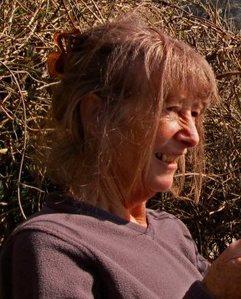 Bio: Lynn White lives in north Wales. Her work is influenced by issues of social justice and events, places and people she has known or imagined. She is especially interested in exploring the boundaries of dream, fantasy and reality. Her poem 'A Rose For Gaza' was shortlisted for the Theatre Cloud 'War Poetry for Today' competition 2014. This and many other poems, have been published in recent anthologies including - Stacey Savage’s ‘We Are Poetry, an Anthology of Love poems’; Community Arts Ink’s ‘Reclaiming Our Voices’; Vagabond Press’s, ‘The Border Crossed Us’; ‘Degenerates - Voices For Peace’, ‘Civilised Beasts’ and ‘Vagabonds: Anthology of the Mad Ones’ from Weasel Press; ‘Alice In Wonderland’ by Silver Birch Press, and many rather excellent on line and print journals. 3/22/2017 Interview with comedian Eddie Pepitone
Photography by Mandee Johnson
For nearly forty years now, comedian and actor Eddie Pepitone has been the heart and soul of underground comedy. Uncompromising, steadfast and determined to get at the thing itself, Pepitone says like it is. When comedy opts for truth instead of distraction it is a potent weapon. In the rebellious tradition of George Carlin, Bill Hicks, Rick Shapiro and others, Eddie proves that comics are just as easily poets and painters, capable of bringing whole cosmos crashing together in a room, laughter helps the medicine go down. "We're comedians, let's fucking tell the truth. Not enough comedians tell the truth, they get on stage and they talk about "Oh, the inside of pizza is filled with cheese" who gives a fuck! Wall Street is fucking us! Shadows flickering on the cave, that's what television is, shadows flickering on our fucking cave!" Eddie once said on WTF with Marc Maron. Known for heckling himself, a brilliant routine in which Eddie goes out into the audience and heckles his inner conscious, "Why are you reading medical journals at 2 in the morning!" Pepitone's stand up is a force of nature. His wit is spellbinding but incredibly grounded in the real world. "Suffering will find you" Eddie says, you can't hide from it. Eventually we have to find "something more meaningful then a Netflix queue." Beginning in New York City’s improv/sketch scene (where he quickly became a regular face), and continuing on to recurring roles on Late Night with Conan O’Brien. Eddie has also appeared on numerous comedy TV shows, including It’s Always Sunny in Philadelphia, The Sarah Silverman Program, Jimmy Kimmel Live, Last Comic Standing, Community, 2 Broke Girls, Whitney, The King of Queens and Chappelle’s Show. Most recently he can be seen in the Netflix original show, Love. His comedy special, In Ruins, is also on Netflix. And he has his very own documentary, The Bitter Buddha. AHC: What year did you start out in comedy and who were some of the comedians you felt most in tune with at that time? Eddie: I started out in 1976 or 1978. I loved Steve Martin back then, George Carlin, Don Rickles, and I loved Jackie Gleason (even though he wasn't a stand-up). AHC: Have you always been as politically aware as you are now, or is it something that came about later for you? Eddie: Well I always had a bent that way as my dad was a union leader for the Teachers Union in NYC and he gave me a book that I considered my bible for a long time and it turned me on to left-wing politics: THE RICH AND THE SUPER RICH by Ferdinand Lundberg. I'll never forget a line from that book that I remember to this day: " as the poor make more the rich are robbing them blind". AHC: Who are your go to political thinkers, and what books have blown the lid off things the most for you? Eddie: Well the guy who really articulates EVERYTHING BEAUTIFULLY for me is Chris Hedges. His books THE DEATH OF THE LIBERAL CLASS, EMPIRE OF ILLUSION AND WAR IS A FORCE THAT GIVES OUR LIVES MEANING (to name a few), and his column every Monday in Truthdig.com are awesome. Noam Chomsky of course. Lately Thomas Frank: Listen Liberal is great. AHC: What are your thoughts on Trump and the whole election and the bizarre through-the-looking-glass world we're in now? Eddie: It's a true horror show. We have a reality TV star as president. A two-bit con man who has failed upward. It is truly unreal the filth he has surronded himself with (Sessions, Bannon, Tillerson, Mnuchen, et al) and he did it with a complicit media who couldn't get enough of him. It is like a nightmare that we have to live every day. Unreal that the dispossessed chose him over Bernie. The fact that Trump billed himself as an outsider is hilarious. AHC: What are your thoughts on social movements like Occupy Wall Street and Black Lives Matter? Is it heartening to see people taking a more direct and active approach to making social change happen? Eddie: It's our only hope in my opinion. These movements , are the only hope because the elected officials have largely been elected by monied interests obviously. The only good thing about Trump is he has mobilized people into giving a shit, getting them out of their comfort zone. AHC: A lot of your social media commentary is geared towards pointing out contradictions and social absurdities. Do you think there is any way to roll back our rampant obsessions with empty fame and useless consumption or does it seem like we're on a maglev train headed straight for a wall? Eddie: I don't know. I think the only way is to build community between people, to give them something more meaningful then a Netflix queue. And unfortunately that community may have to come together through hardship, shared experiences. It's tough because it seems so many people have retreated to their online havens. They are demoralized from not having lots of opportunities in the real world and live with their parents in their basements. AHC: What are your words of advice or criticism for young people who think politics has nothing to do with them, who can't look up from their phones long enough to be bothered by the suffering of the world that surrounds them? Eddie: My advice is that the world will find them, that suffering will find them , so the sooner they get out of their phones the better, because you can run but you can't hide from suffering. Also it's so rewarding to connect with your brethren and isolation is a killer! AHC: Any new projects in the works you'd like to mention? Eddie: I'm very excited that I'm working on a show that I'll be pitching to some of the hipper networks out here in Hollyweird. It's a show that focuses on me and my crazy inner life with a strong bent toward all the political stuff I love to skewer in a scathing way. I can't say more about it though. Also will be taping a new special for Netflix this fall. For more visit eddiepepitone.com/ Mandee Johnson photography www.mandeejohnson.com/
Click to set custom HTML
3/22/2017 Three poems by Crystal SnoddonLauren Rushing a long walk sunk into the smell of suburbia’s exhaust, fugue fumes drift, a numb fog. cocaine lives here. sure, it dines on the surface of Apple tablets, but even here it eats regardless of cost, eats past the nose hairs of prominent probosci and swims in capillaries that, if taken out and lined along fences, would snake red, porous, just like those downtown crack-house bloods. and smell equally of iron and rust. fresh mown grass only masks depression’s damp mildew, maggots found the woman dead alone, melting inward for days, makes the children’s eyes water here, just like the church basement clothing drive, where they sit, whine, wipe their reddened eyes, wait for mother to finish her search for the least earth-smelling jeans to try on later. smudged sneakers are good enough, put them on. now. garbage brought out, laid onto a curb. everything old, useless, goes into the dumpster. The End of To-Do Lists ignite the notes stuck to chest drawers a-bulge with ephemera burn watch them bite snarl with lips curled, teeth clamped smoke fogs over the wood of broken ships smash of ground zero if I had had time, I would have ___ let us meet her in the park Molly uses long flowing hair to redirect faces to her books. Her lines lie cross-paged on the grass. She explains she has escaped tumbleweed and tourists to teach acrostic puzzletry - like poetry, but meaningful only in its deception, driven by abstraction and metaphor. Like her simple flow, her grey hair, colored to match the sun. 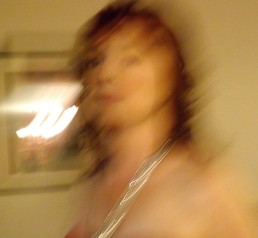 Bio: Crystal Snoddon is a Canadian writer whose image is as blurred as any other, and whose poetry has been recently published in The Quarterday Review, Tuck Magazine, Communicator's League, The Light Ekphrastic. 3/21/2017 Lid Off by James Roberts Lid Off Hedged bets and angst thickened air clouds everything. Like too much flour added to gravy's fluids and fats Once the heat is taken off it will congeal film over, and begins first the smell, and then the rot. When despair and horror's hot broths are churned together and left to go cold with the lid off they attract the buzz of those who spread and feed on rancid faecal matter. This brew stagnated will produce just dead eyed life glassy expressions and bitter tongues that lash their undeserving. Turn the flame up, before the poison rests before it settles and is just there. 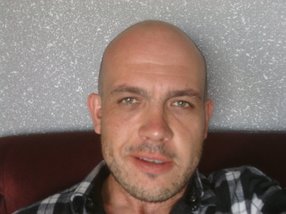 Bio: James Roberts is a writer and performer from Bradford in the UK. He's spent the last few years living in Russia and moving around Spain where he's written variously about political strife, the joy and pain of memory and finding dark comedy in the day-to-day. 3/20/2017 Secret by Tricia Marcella CimeraSecret Maybe our next door neighbor was a sad mother like my mother was. Or maybe she was angry. Maybe she hated her children and her husband too but buried it deep inside so no one knew. I don’t know. All I know is when she told my secret to all of us kids playing together that summer day, she looked happy. She said: Her mother is crazy. She said: Everyone knows. When I began to cry, she looked happy. Something in her black- lined eyes sparkled and glittered. Something in me turned old, inconsolable. Something I never told. 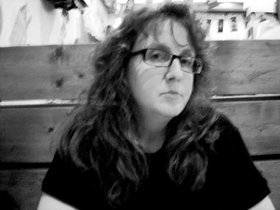 Bio: Tricia Marcella Cimera is a Midwestern poet with a worldview. Look for her work in these diverse places (some forthcoming): Buddhist Poetry Review,The Ekphrastic Review, Foliate Oak, Failed Haiku, I Am Not A Silent Poet, Mad Swirl, Silver Birch Press, Yellow Chair Review, Wild Plum and elsewhere. She has a micro collection of water-themed poems called THE SEA AND A RIVER on the Origami Poems Project website. Tricia believes there’s no place like her own backyard and has traveled the world (including Graceland). She lives with her husband and family of animals in Illinois / in a town called St. Charles / by a river named Fox. 3/19/2017 The Tip of One Finger by Jon BennettGential Lambert The Tip of One Finger “The Exercisium” was a holdover from the Jack LaLanne school of fitness days Medicine balls, Indian clubs vibrating fat burning belts and old Carlos Norberg 88, former Mr. Universe wandering around his failing prostate causing a dark patch on his sweatpants I liked it there it made me feel youthful Once I noticed Carlos was missing the tip of a finger “It was on the bench press,” he told me, “got pinched off, the hell of it was I used to play the violin.” I suppose our strength always fails us one way or another. 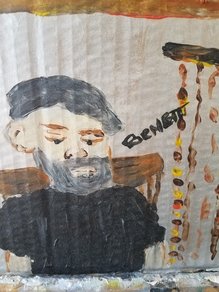 Bio: Jon Bennett writes and plays music in San Francisco's Tenderloin neighborhood. You can find more of his shit on Pandora and iTunes. For booking please contact [email protected] 3/18/2017 Joy to be found by Simon PinkertonAndréa Portilla Joy to be found I find it in the gaps, the bends: setting up meetings knowing I'll cancel them; inviting guests to the residence, purposely leaving for hotel rooms in other cities so they arrive at an empty house and question their own scheduling; putting my phone's alarm on for 3:00 a.m. so I wake and can experience insomnia I don't have; enjoying my restless legs' jumpy energy and going downstairs to eat cereal before coming back up to bed without cleaning my teeth—waking in the morning tired, to sticky front teeth and sour-sweet breath; a mild headache at the office as I schedule two clients for the same time slot and relish the ensuing shouting match about deservedness and priority; making a winning pitch and then never cashing the check, never doing a day's work on the account, never returning the phone calls; explaining to the bosses that I never agreed to take the client on, that they were mistaken to think I did. I'm out walking just before midnight in the next city over (a drive that takes me 100 minutes exactly) and I see a petite and crazily-pretty woman carrying her heels, barefoot on the cool, clean, rain-stroked bridge, breezing by me soundlessly. I look for blisters on her ankles but they are completely unspoiled. She stumbles and puts a hand out to steady herself on a fine old piece of steel that webs up to the expansive, liberated apex of the arch. I ask if she needs help getting somewhere, and I don't smell a trace of booze, even as she looks at me with smudged, lazy eyes. She giggles and slurs a hello. She’s just having fun. I ask her where she's headed, and she indicates a downtown Marriott by whirling her finger and then jabbing it towards the lit sign. I ask her where she's from and she tells me "Here, silly". My instinct is to ask if she wants to go for a drink, but I walk with her, looking out over the reflected lights that flare twice and are swallowed in the weighty river's vacuum. She bumps my hip with hers and motions to the left somewhere with her eyes, like she's waiting for me to pick someplace for us to go. I tell her I know somewhere we can go for gelato where they think my name is Patrick. She orders three scoops and tells me she only wants a bite of each and that I should eat the rest, that she'll pick flavors she thinks a guy named Patrick might like. As she tastes them I watch her mouth closely. She describes the taste of each bite in words I can only describe as fertile, then asks me how far removed my actual name is. I tell her it's similar enough not to be jarring when they greet me. She tells me that she thinks it's no coincidence that we met tonight. She correctly guesses my real name on the first try, blows my mind for the second time in twenty minutes.  Bio: Simon Pinkerton is that guy you recognize from high school and can’t believe still lives in town. He can often be found <insert your favourite verb/activity here, to increase interest in and rapport with this author>. Please find him @simonpinkerton and please read his fiction and humor at places like Word Riot, Vanilla Sex Magazine, Queen Mob's Tea House and Entropy Magazine. |
AuthorWrite something about yourself. No need to be fancy, just an overview. Archives
April 2024
Categories |
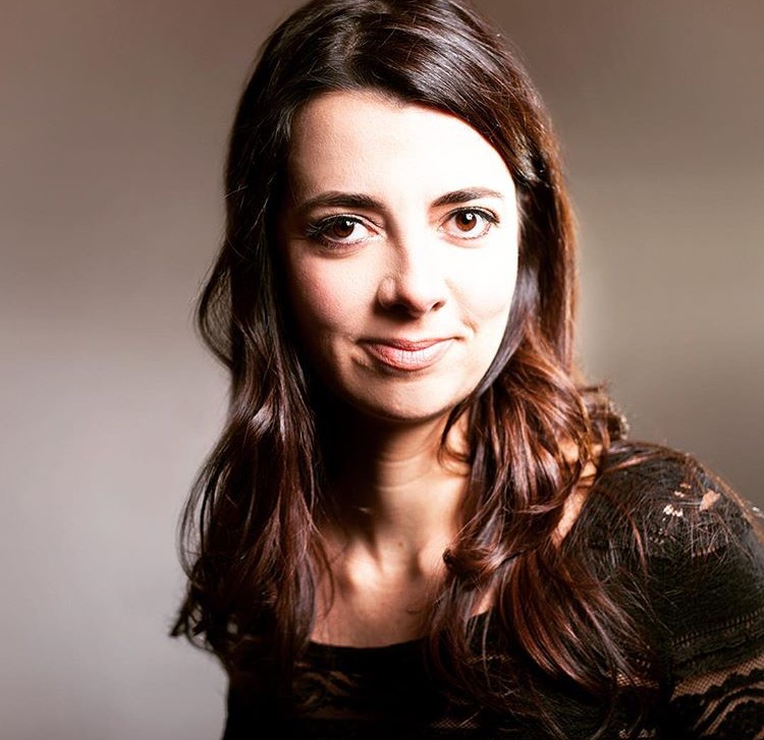
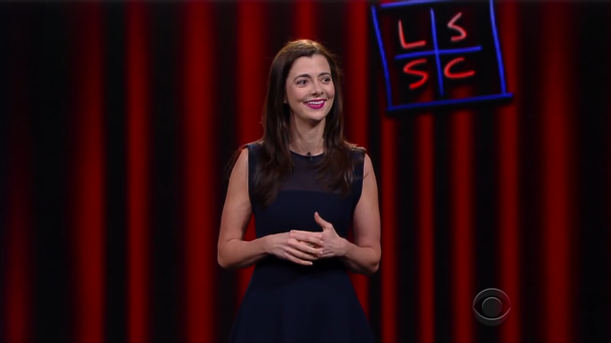
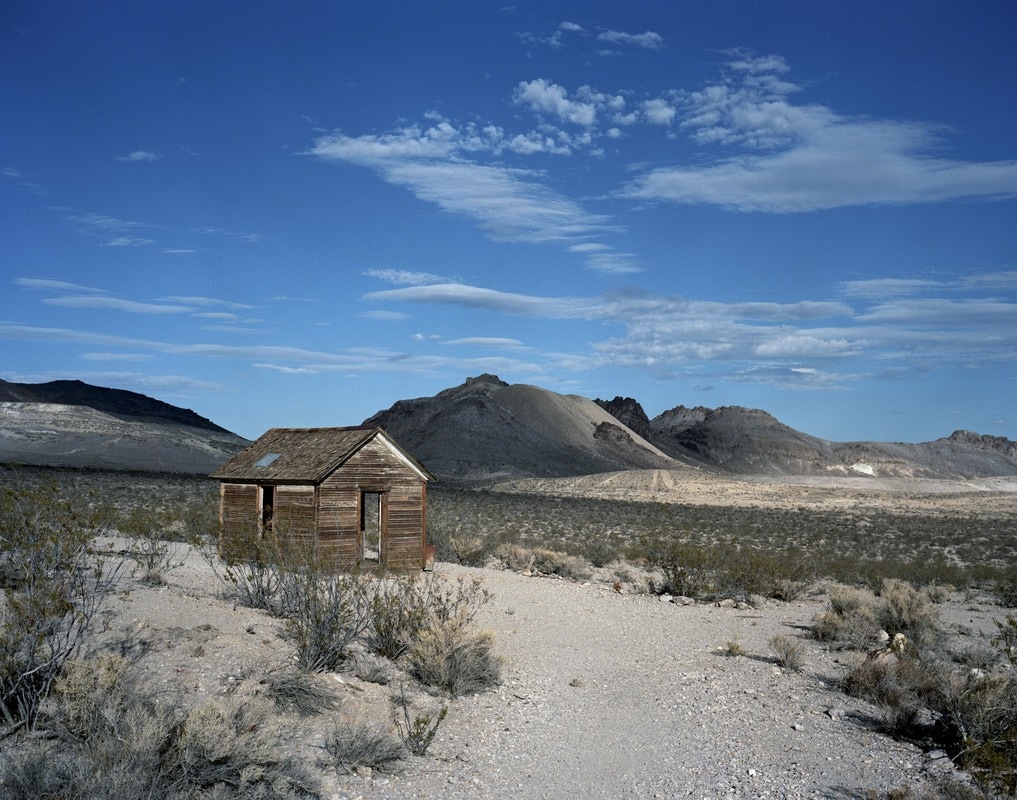
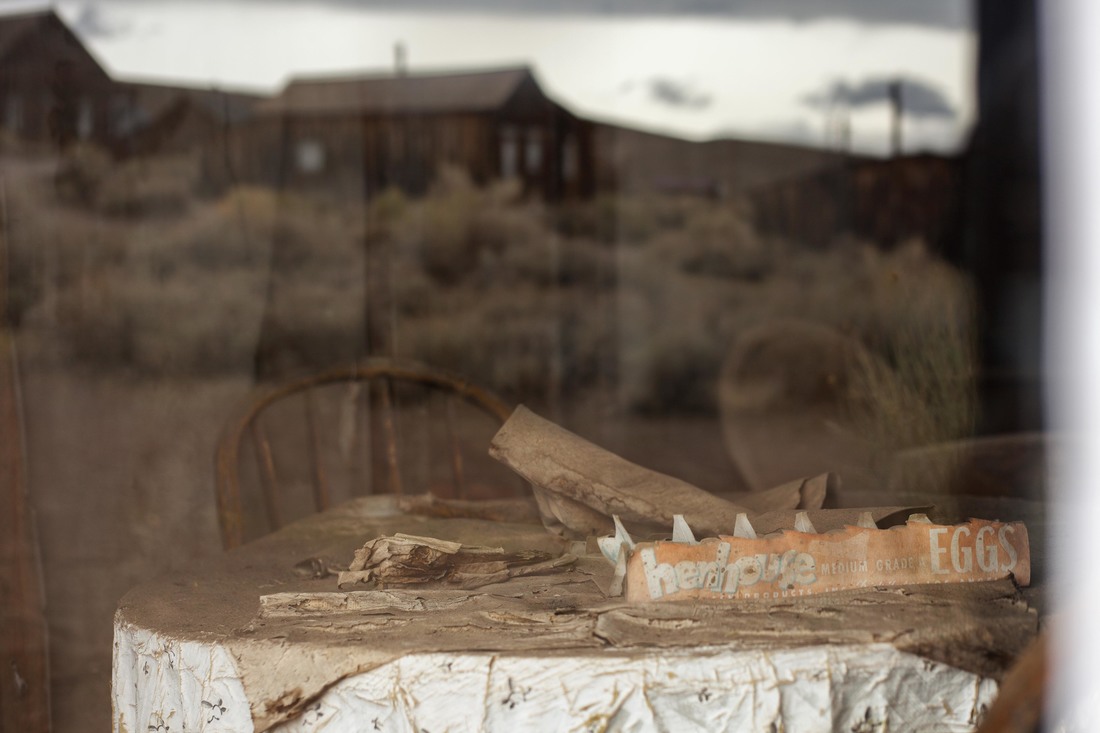
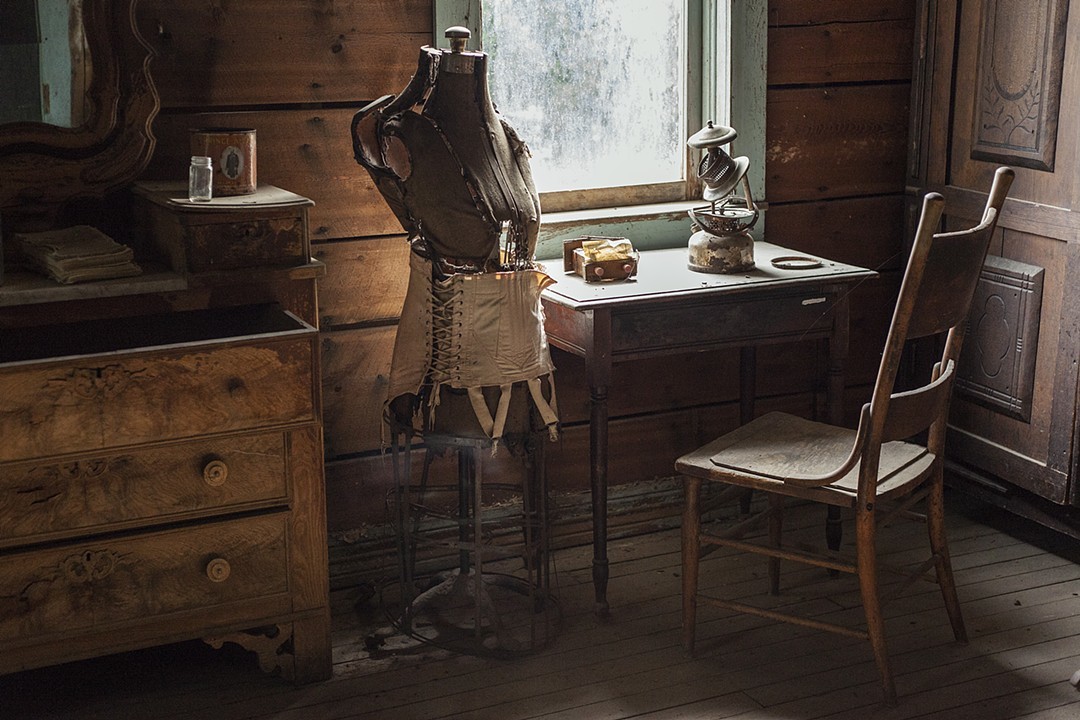
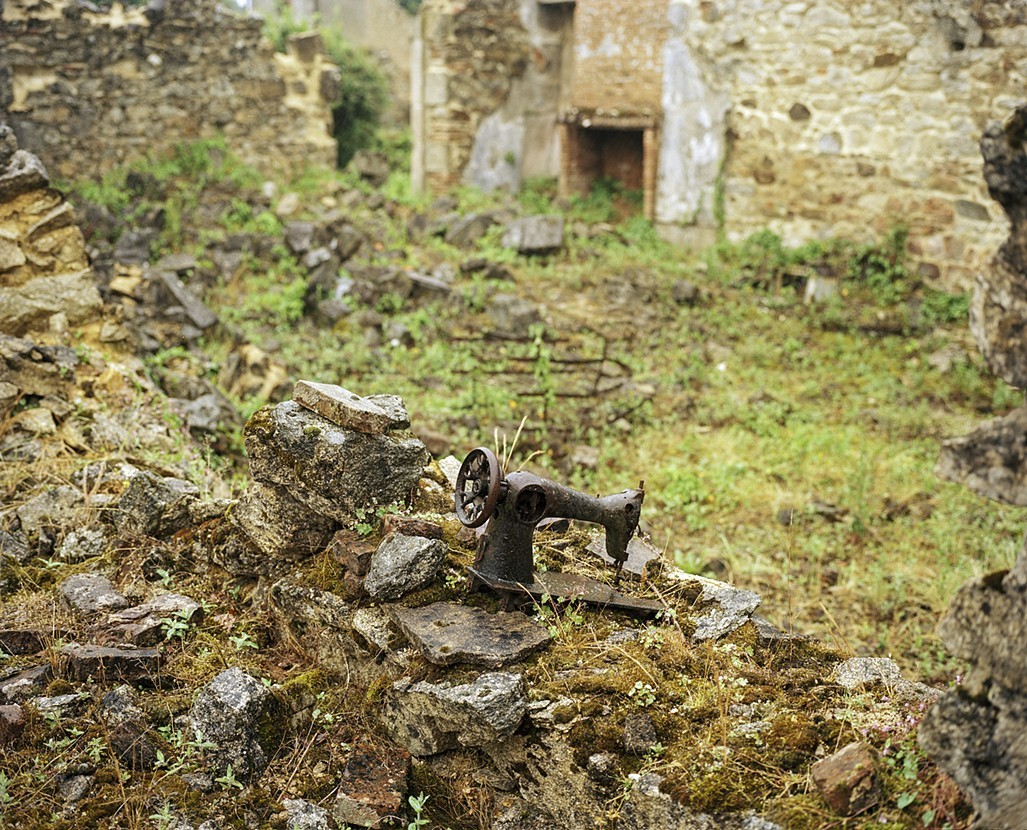
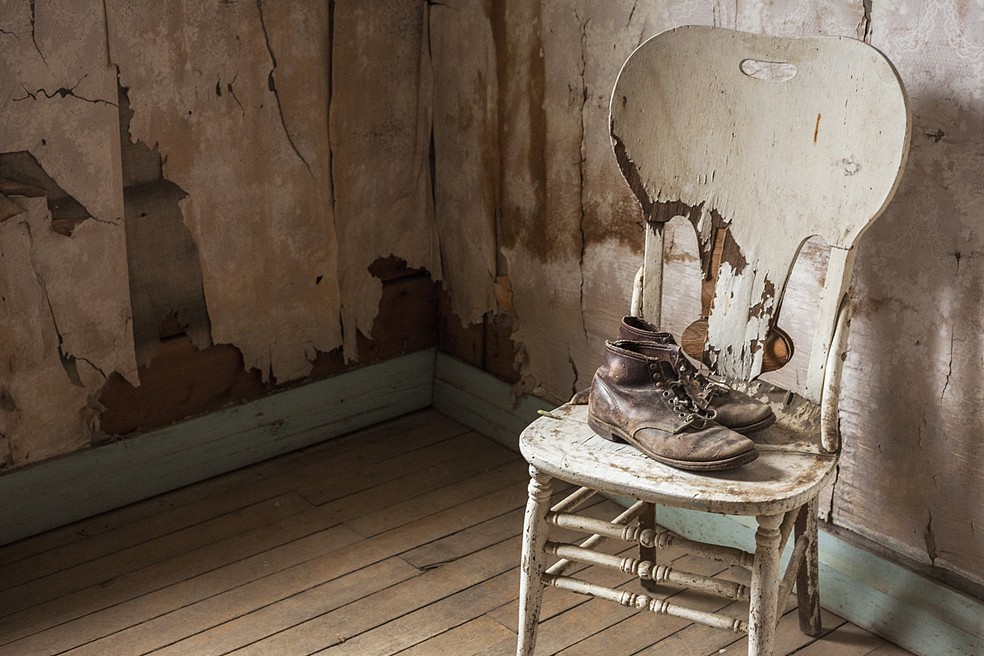
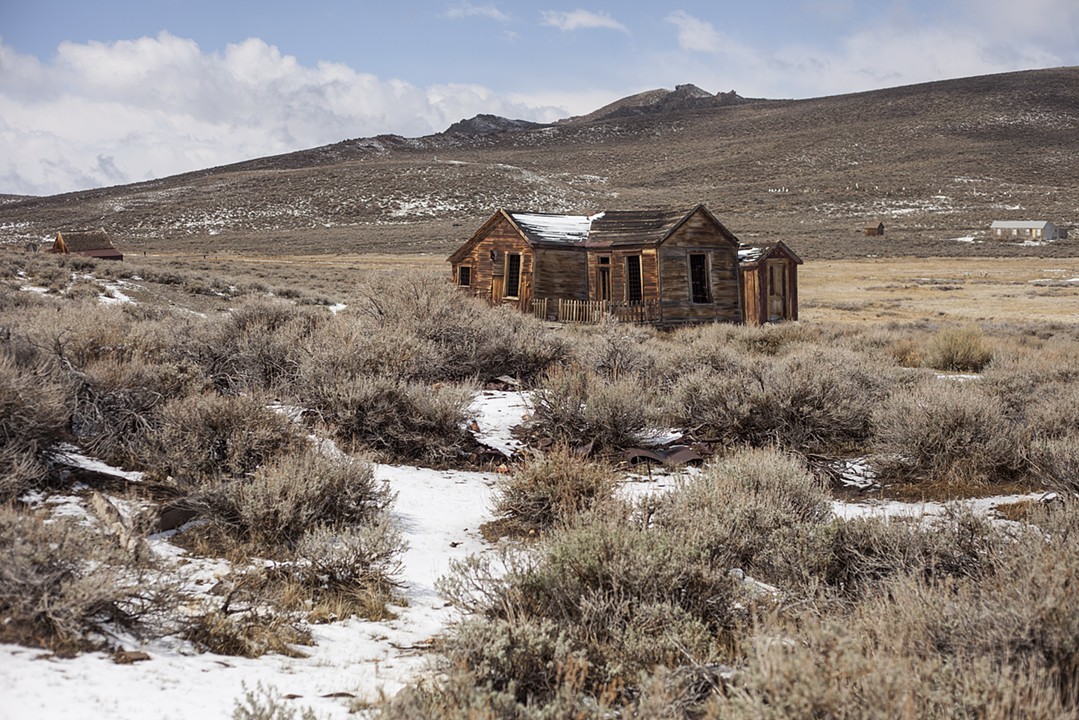
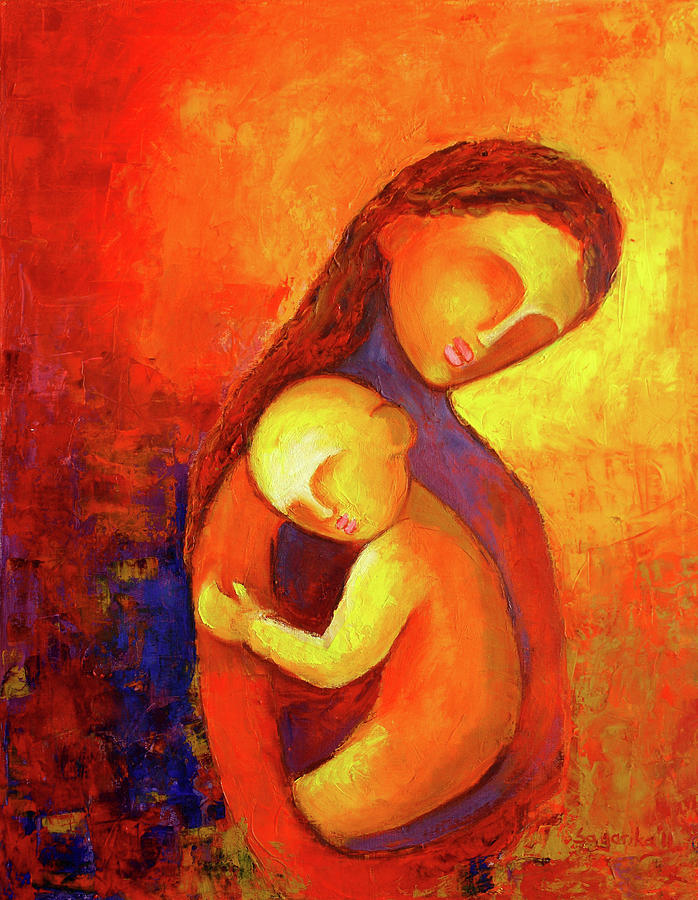
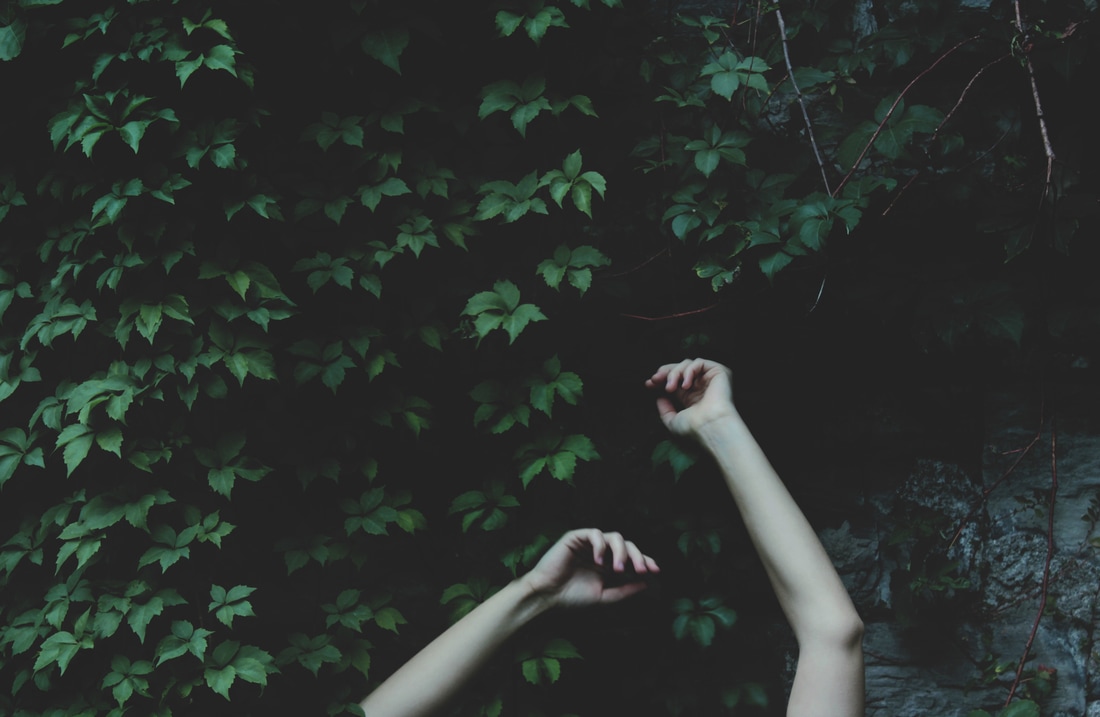
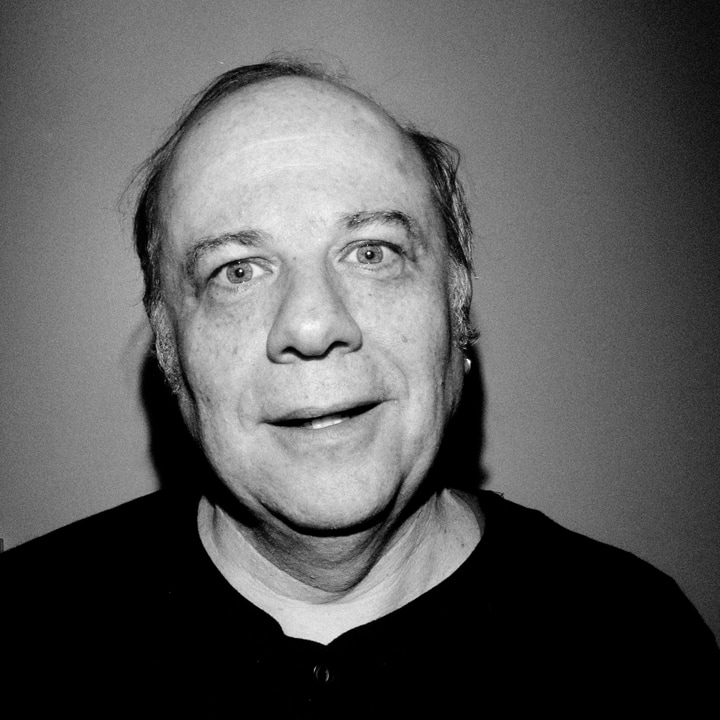
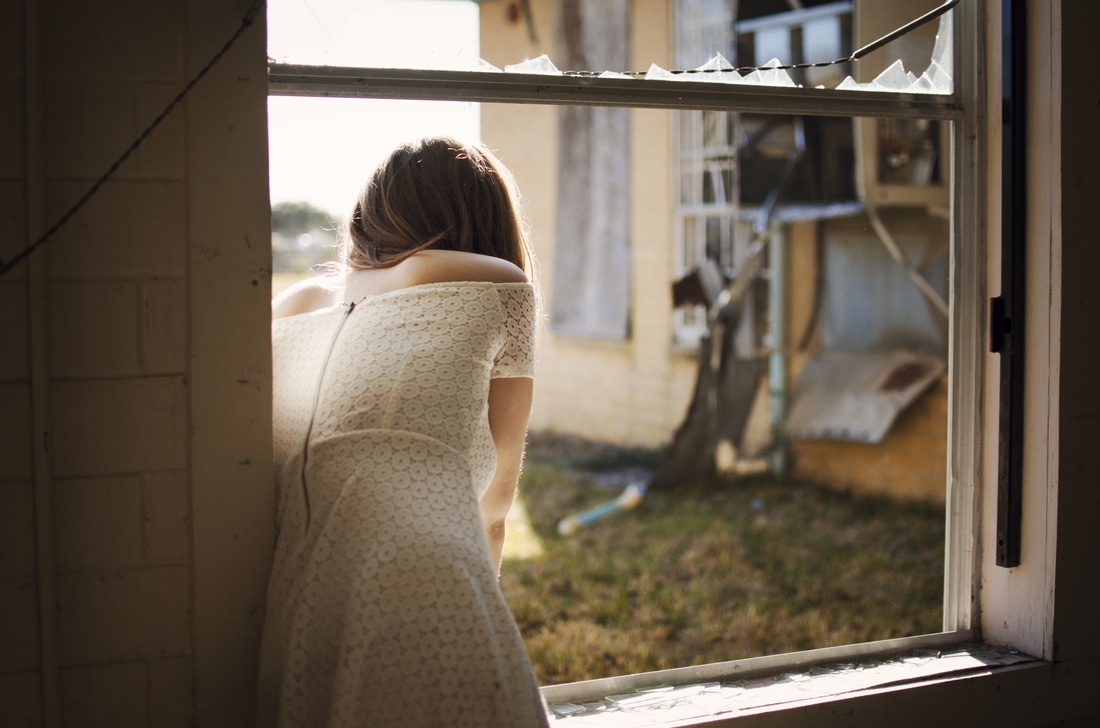
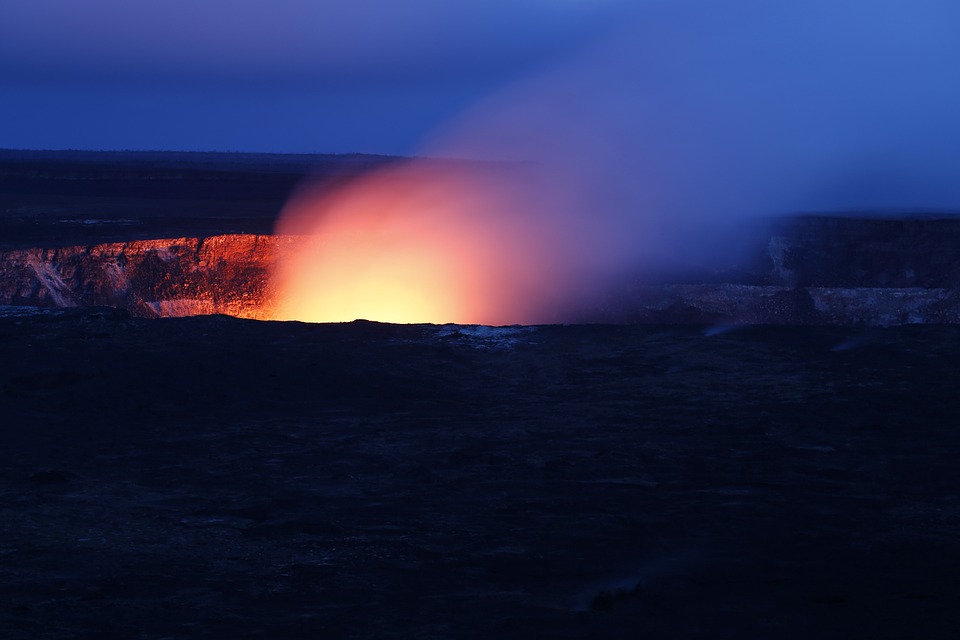
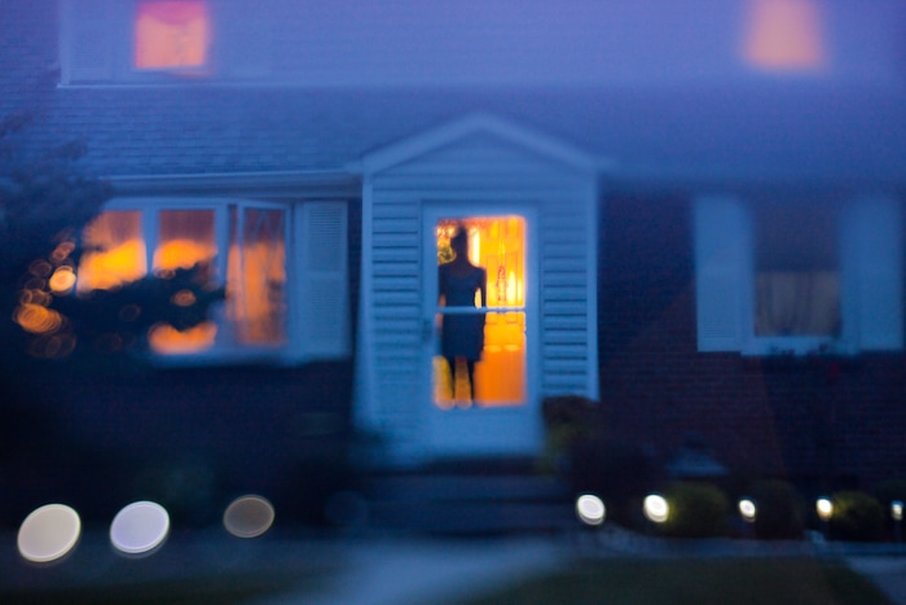
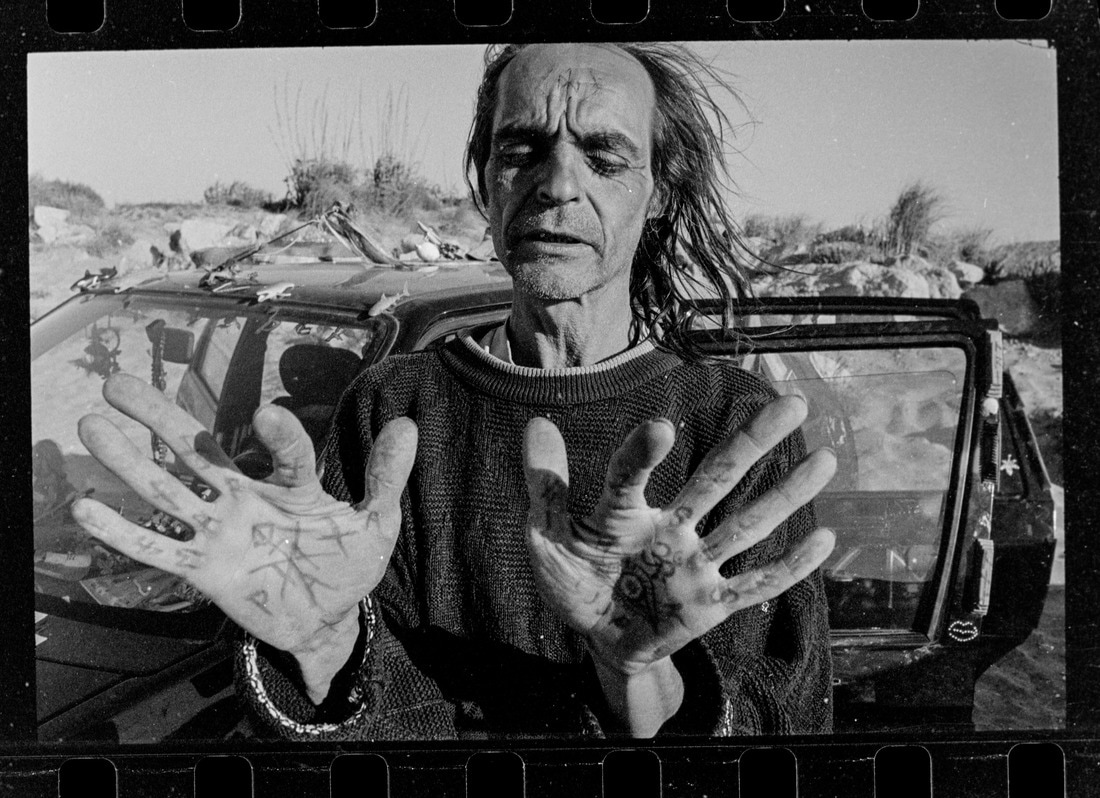
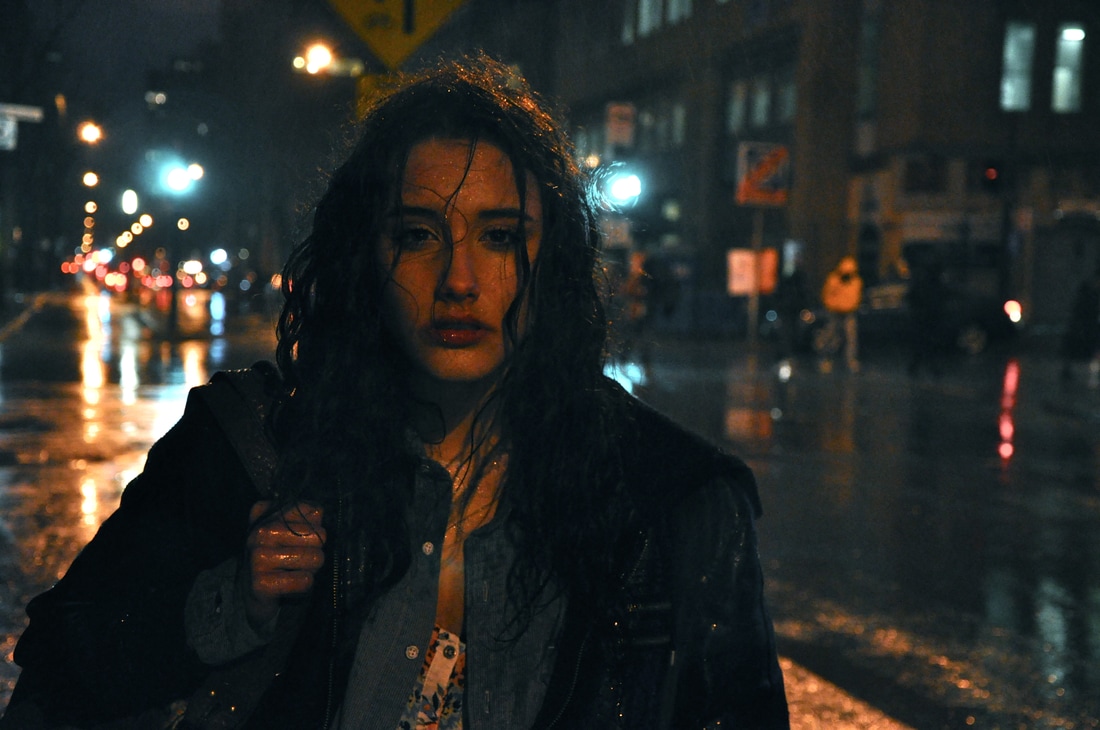
 RSS Feed
RSS Feed
